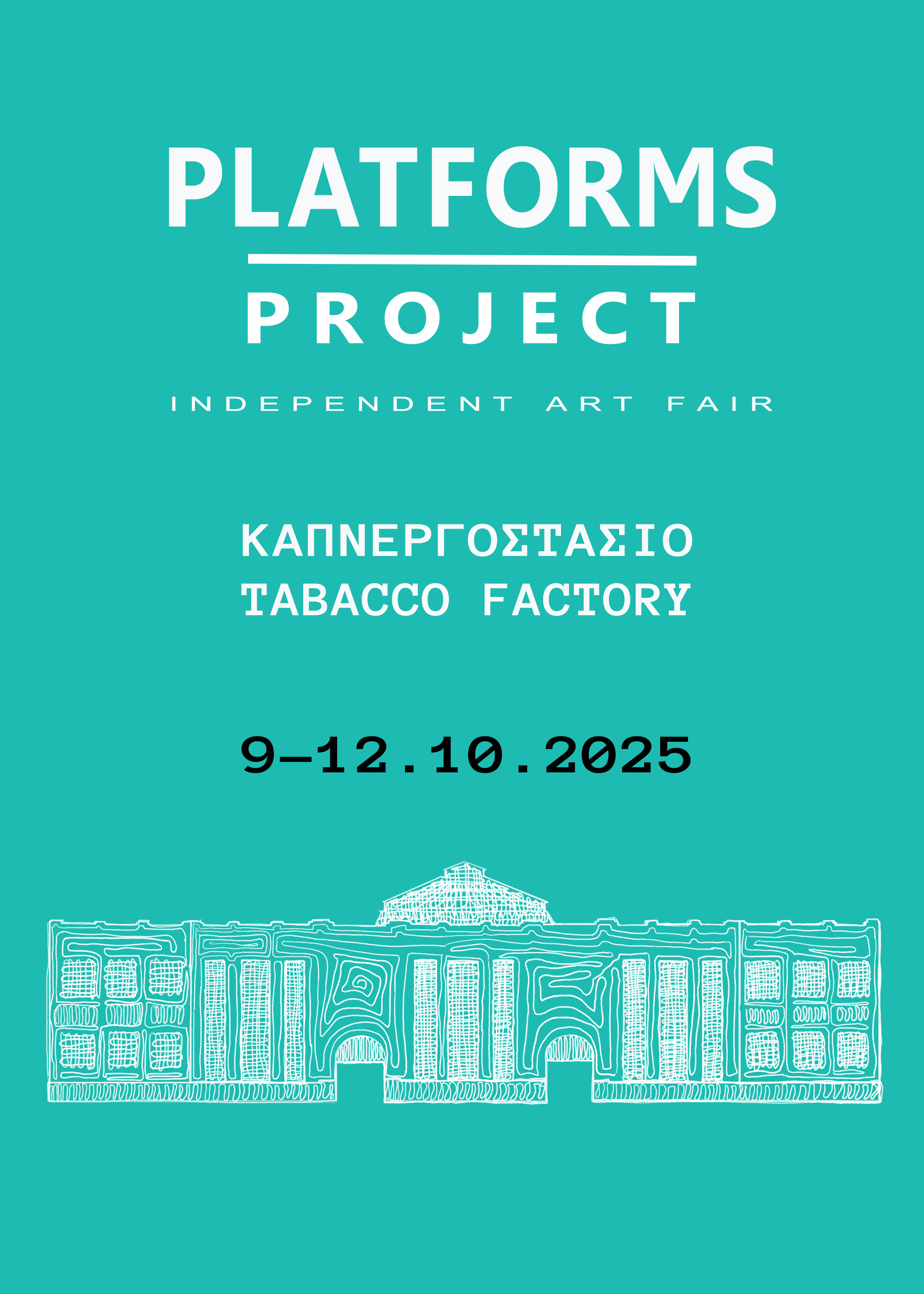Vassilis Amanatidis μ_otherpoem / 38. [the burden]
Others always were a threat to mother.
Through them she risks seeing that her full
is but a mask for void.
Or –possible, innit– that her food
may have gone bad after so many years.
For, let us be quite frank:
how inexhaustible can mother really be?
How much more eternally can her phantoms pullulate?
All that she (was) meant to haunt, she has now haunted.
What more can happen?
Mother knows, now she grows old,
that without others’ food
one of these days she will be left unfed.
She therefore wishes this one day
is the exact day that she dies.
This, mother calls:
“I Do Not Wish To Be A Burden”.
But as long as she goes on living-and-not-living
and thus goes on dying-and-not-dying
mother will eternally remain the spitting image of
the totally unlivable life of that
notorious Schrödinger cat.
*
Vassilis Amanatidis is a prolific and versatile writer who has worked with different modes of poetry, but has also written short stories and plays; he is also a translator and performer. Publishing since 1991, he has two volumes of short stories and eight collections of poetry to his name: most recently You: The Elements (Esy, ta stoiheia; Nefeli, Athens, 2017) for which he was awarded the Athens Academy Poetry Prize, and μ_otherpoem: mono logue (μ_otherpoem: mono logos; Nefeli, 2014), from which this month’s poem is taken.
As Maria Topali has pointed out in her German-language anthology, Poetry with a bite (Dichtung mit Biss; Romiossini, 2018), the family is one of the recurrent themes of contemporary Greek poetry – as it has been for contemporary Greek cinema (under its commercially oversimplified label of “Weird Wave”). In the und. Poetry series, we have already seen such poems by Marios Chatziprokopiou (February 2019) and Orfeas Apergis (March 2019). However, the present one comes from V.A.’s book-length poem titled “mother-poem” – or, to be precise, μ_other poem: mono logue. What reads as a 73-page-long ‘cantata’ for a single voice (the son’s) –in 55 numbered ‘movements’, 3 ‘intermezzi’ in the form of ‘performing instructions’, and a final encore– is, amongst his several works, at once the most daring, accomplished and mature. The style he has fashioned for it; the sheer and varied musicality of the sections; the interweaving of the three male persons (father and two sons) with the central female figure (the mother); his merciless probing and his razor-sharp humour; all go to make up a work of astonishing depth and range in its images and formulations, its linguistic variety, and its masterful structure.
V.A. was born in 1970 in Edessa and raised in Thessaloniki. He studied Archaeology and Art History at the Aristotle University of Thessaloniki. Two of his plays have been performed in Thessaloniki, while he himself has performed his own poetic texts on various instances in Greece and abroad. He has translated Witold Gombrowicz, Isaac Bashevis Singer, e.e. cummings, Anne Carson and others, and also teaches poetry as creative writing. His essays and poetry reviews have appeared in daily newspapers, literary magazines and online media. He is also a curator in the visual arts, literature and performance; on the editorial board of “Entefktirio” and “FRMK” journals; and a founding member of the online poetry platform Greek Poetry Now. He has participated in numerous international poetry festivals; been translated into 14 languages; and included in several journals and anthologies. A bilingual selection of his poems, The Hare and the Countryside, has been published in Russian (Stella Art Foundation, 2008), and a selection of his short stories in German: (Ihr) Weinen (Nefeli, 2014).
More by V.A. in English online:
- http://www.greekpoetrynow.com/poet_poems_eng/amanatidis_poems.html
- https://poets.gr/en/poets/amanatidis-vassilis
- https://www.lyrikline.org/en/poems/christmas-song-11309

Image caption: Ioanna Pantazopoulou, A.F., 2019. Courtesy of the artist and Ileana Tounta Contemporary Art Center. Part of the exhibition Emfylo-ποιείν / to construct the Gender at a.antonopoulou.art.
